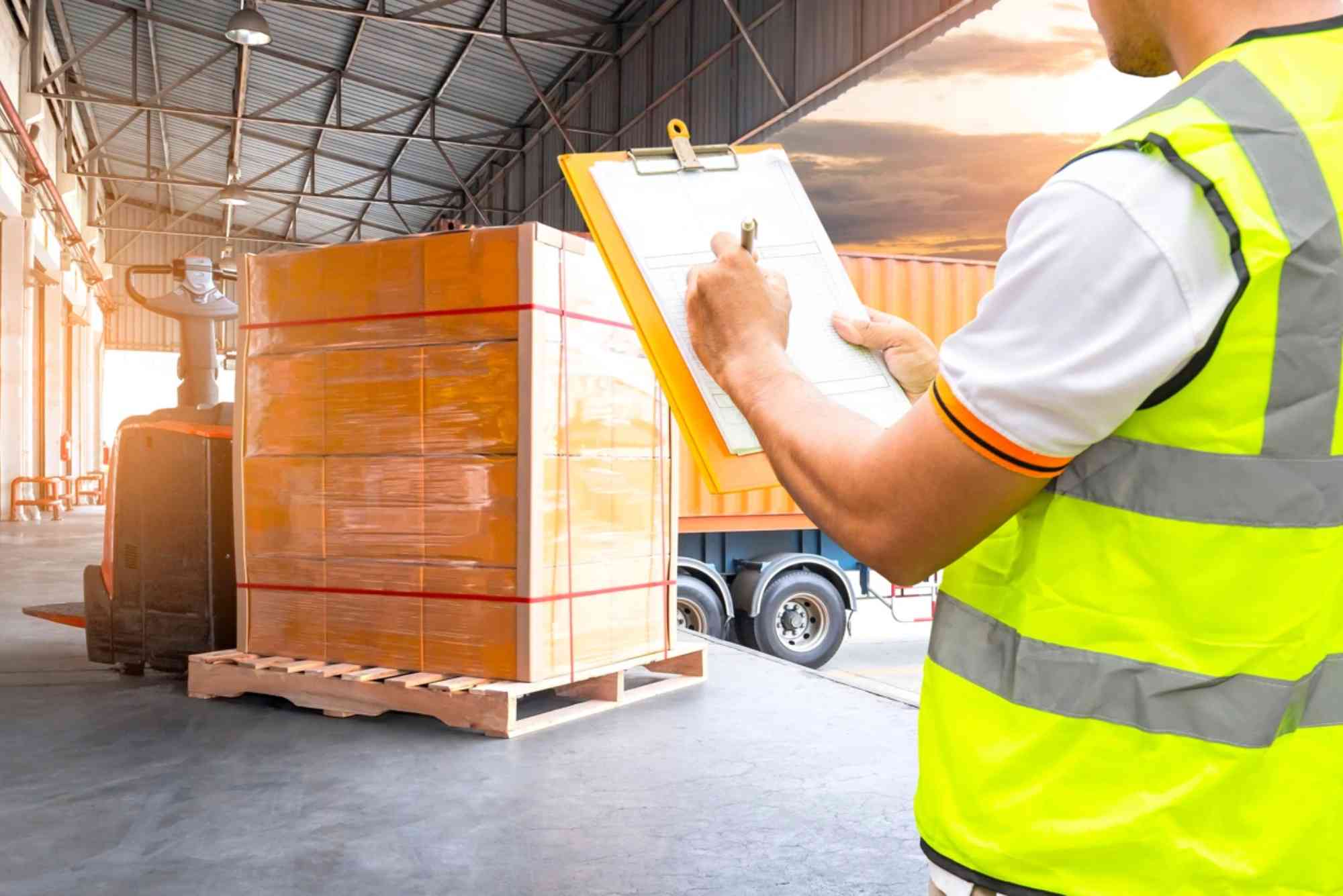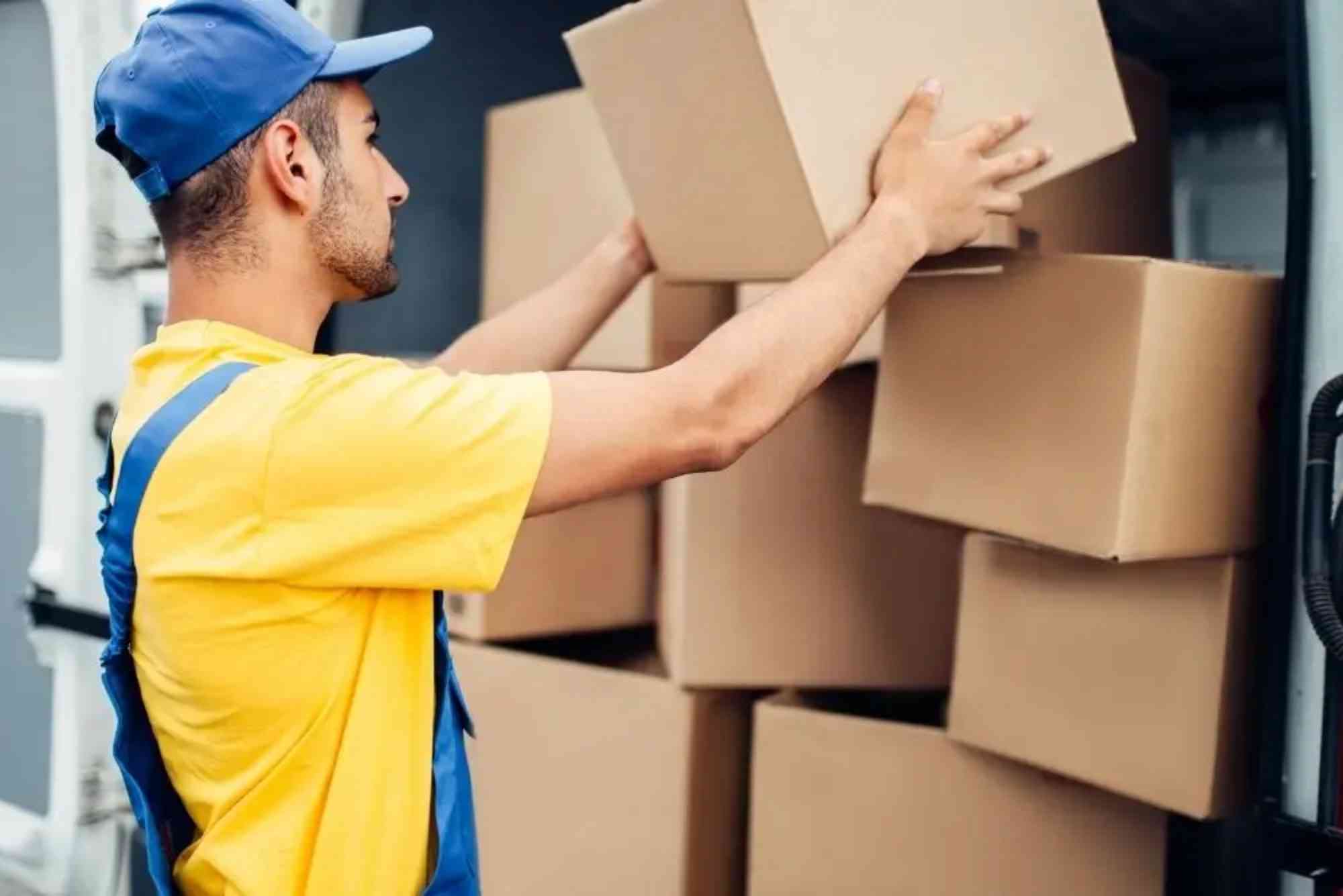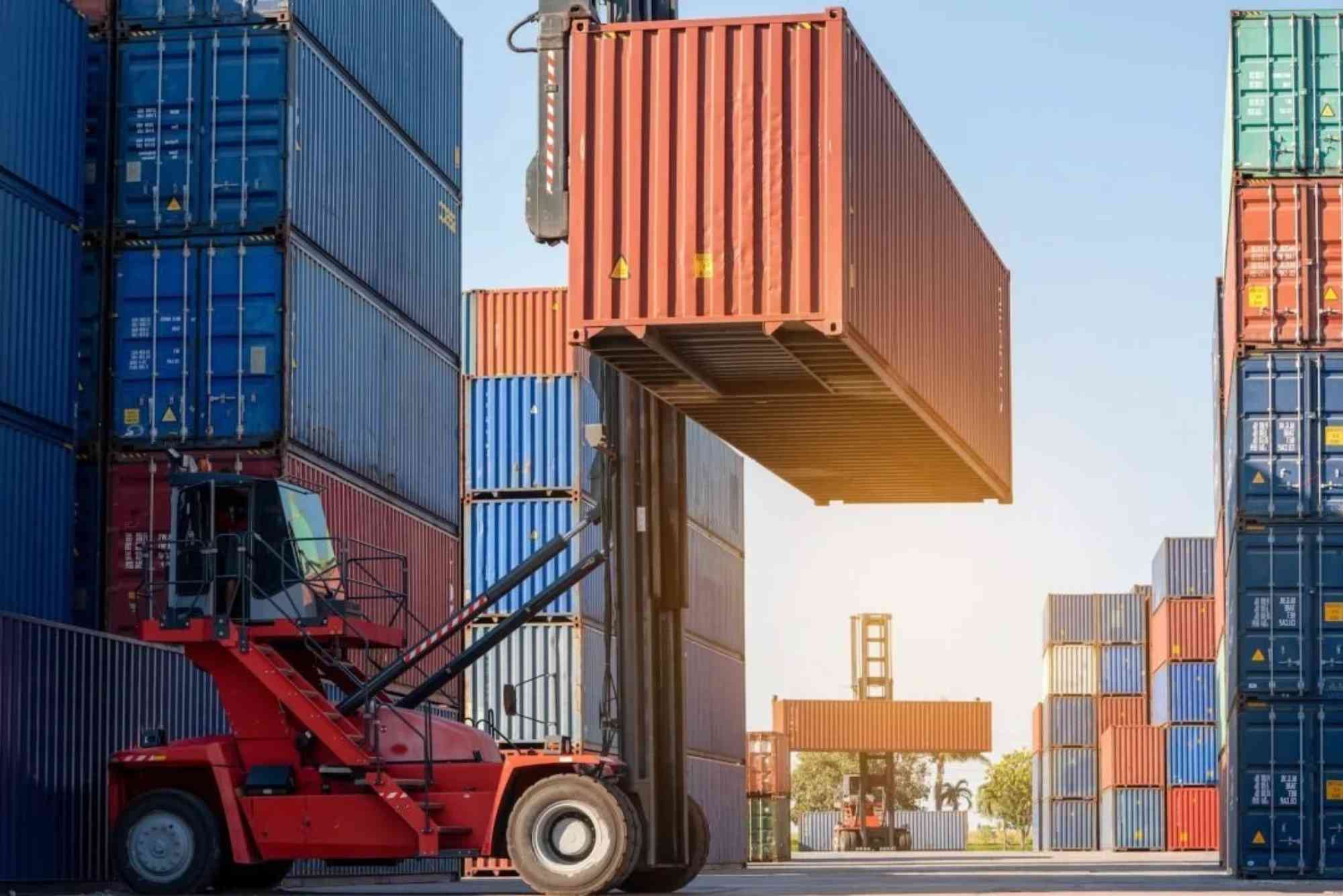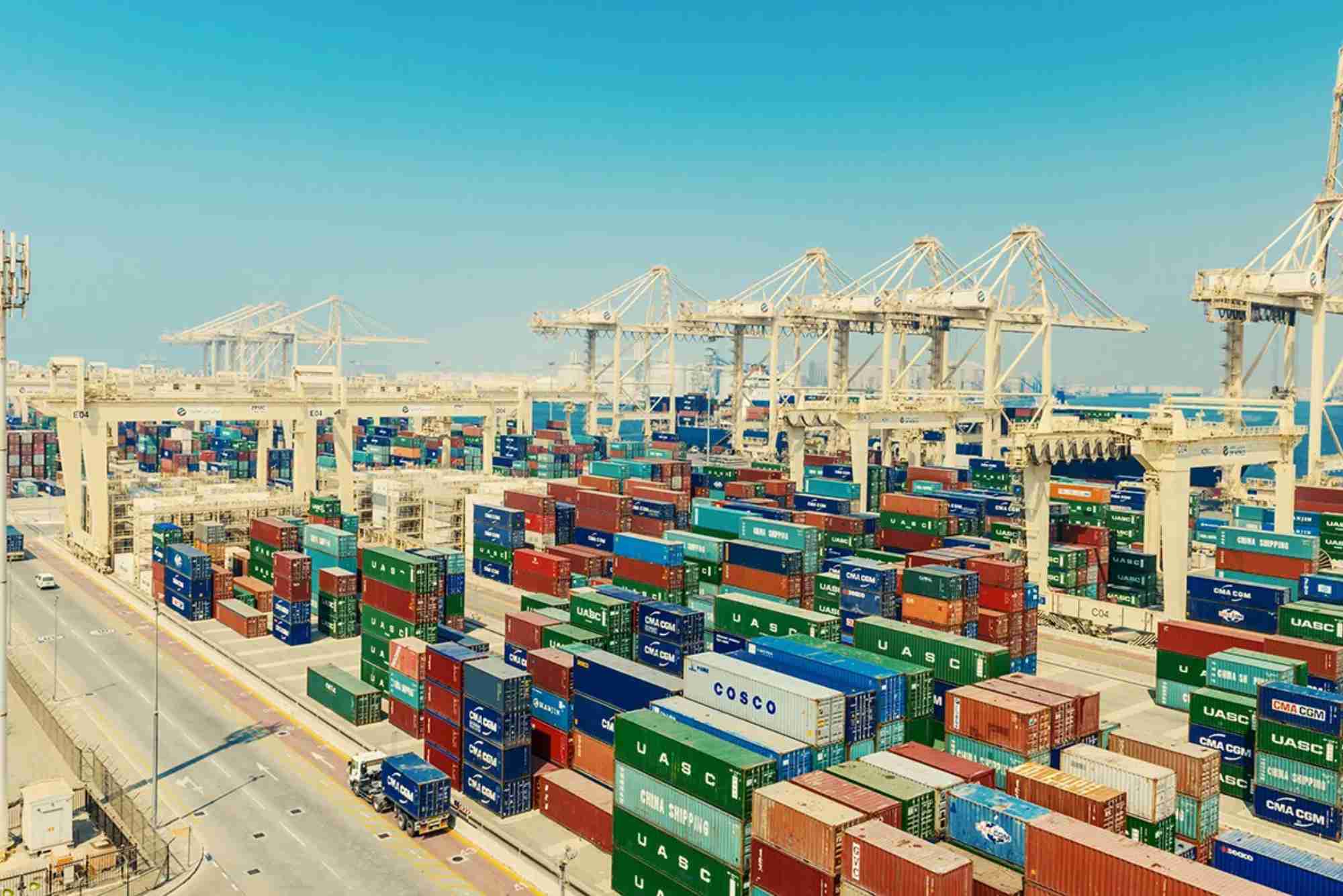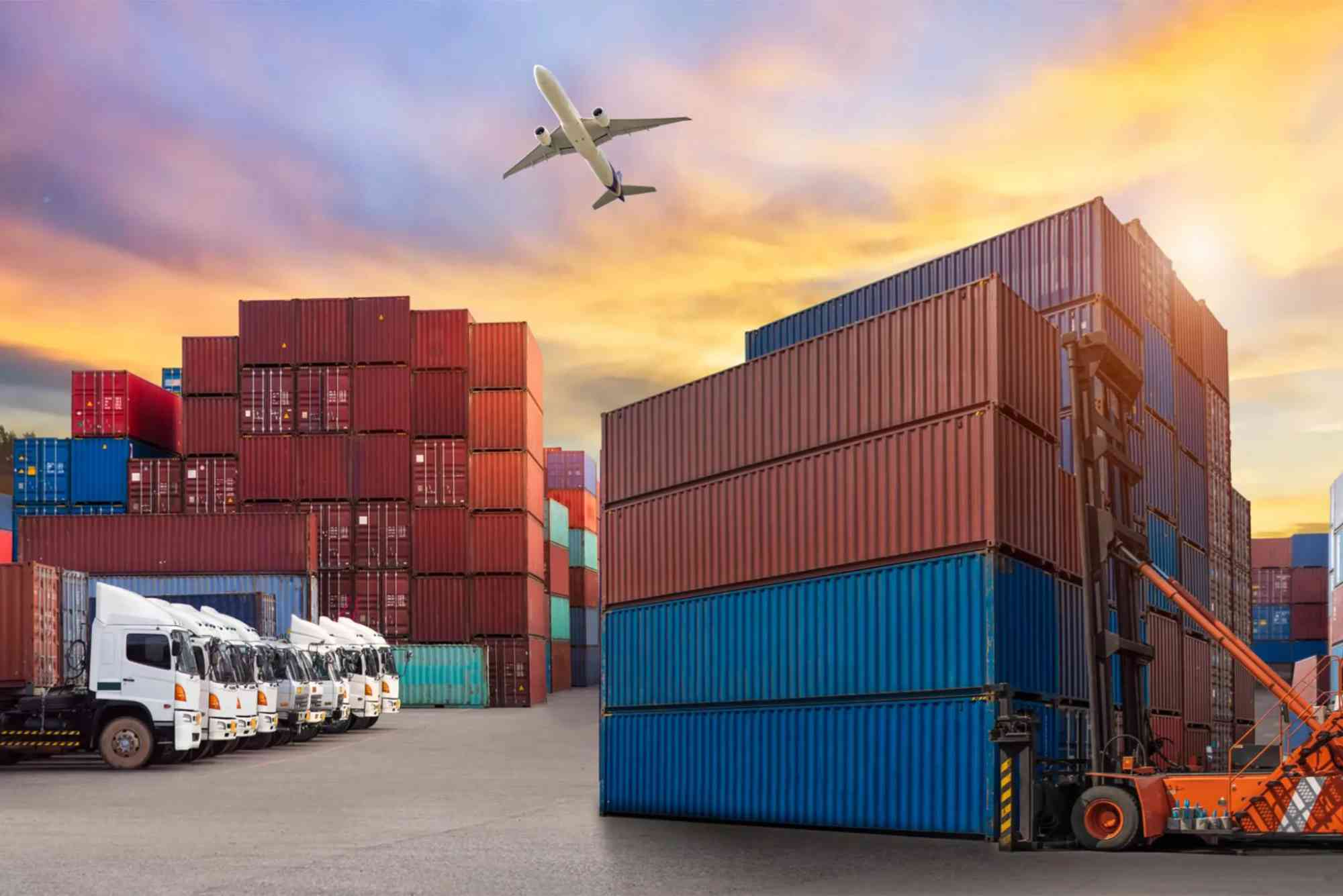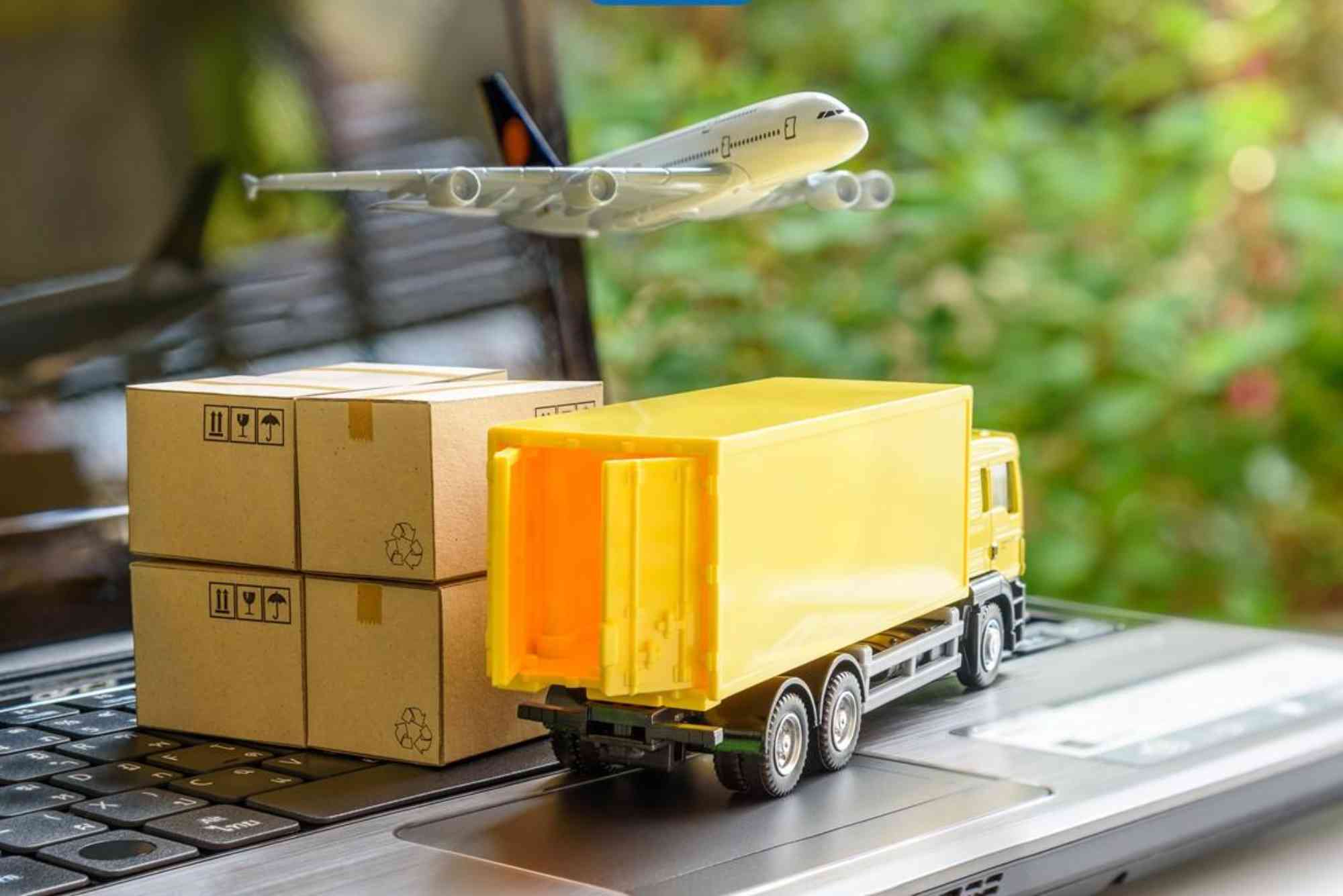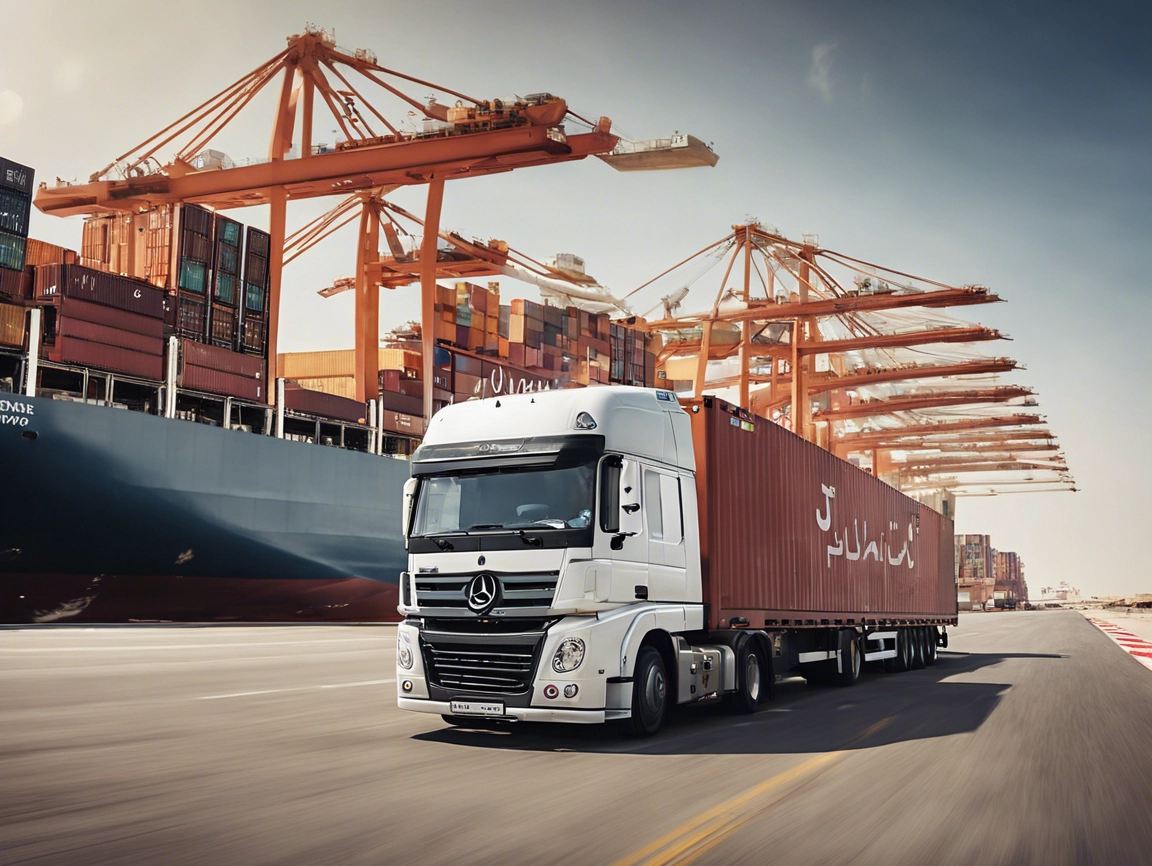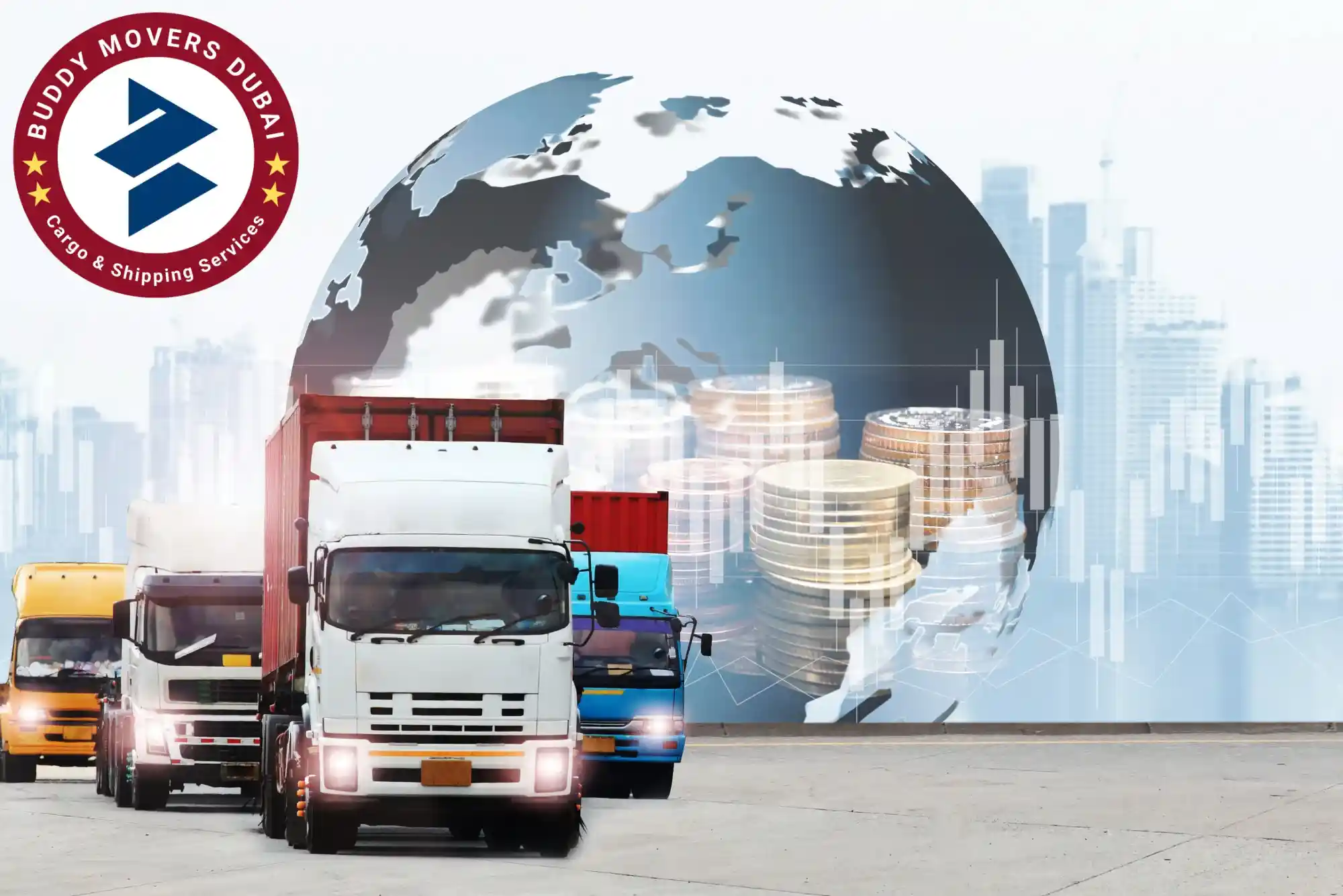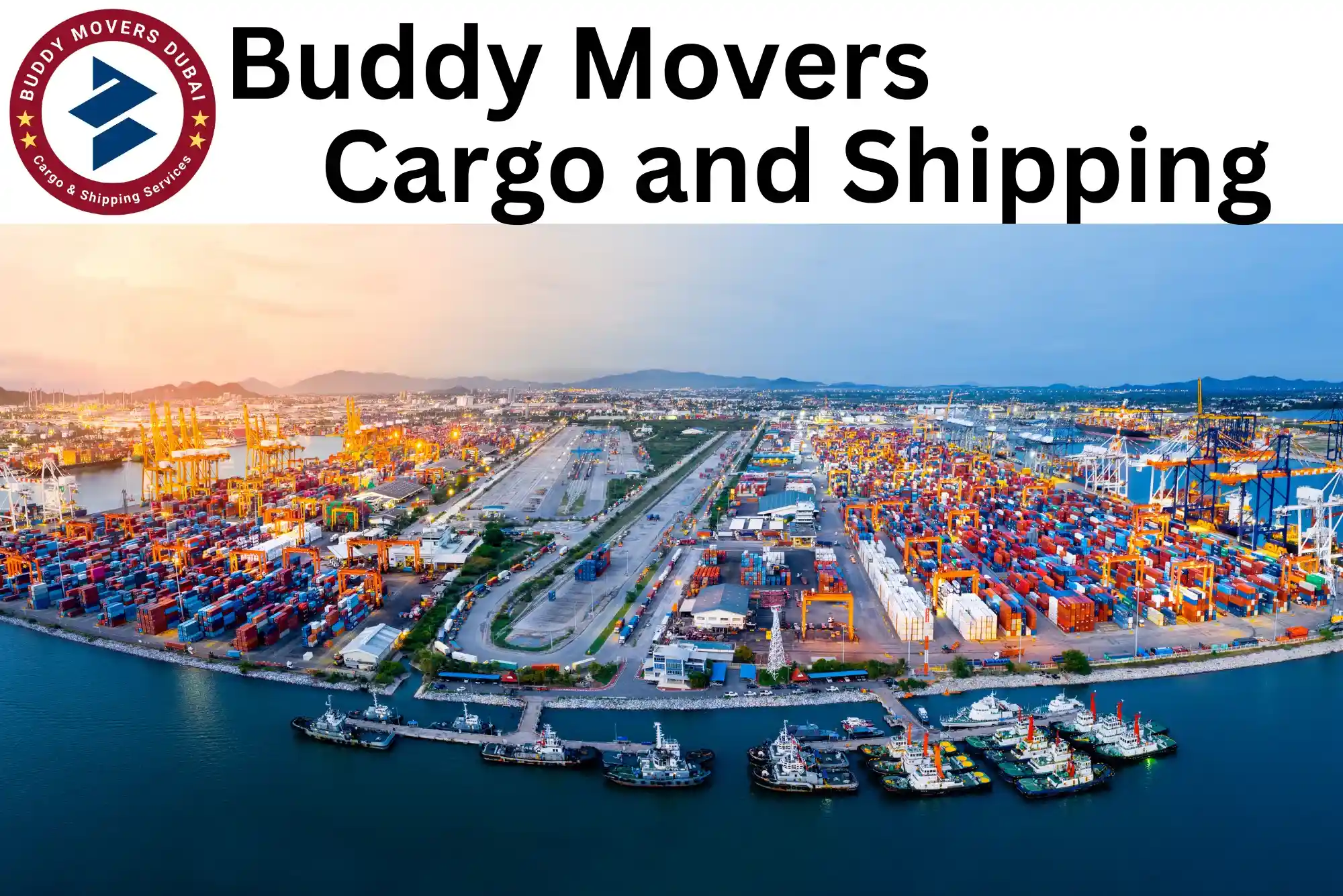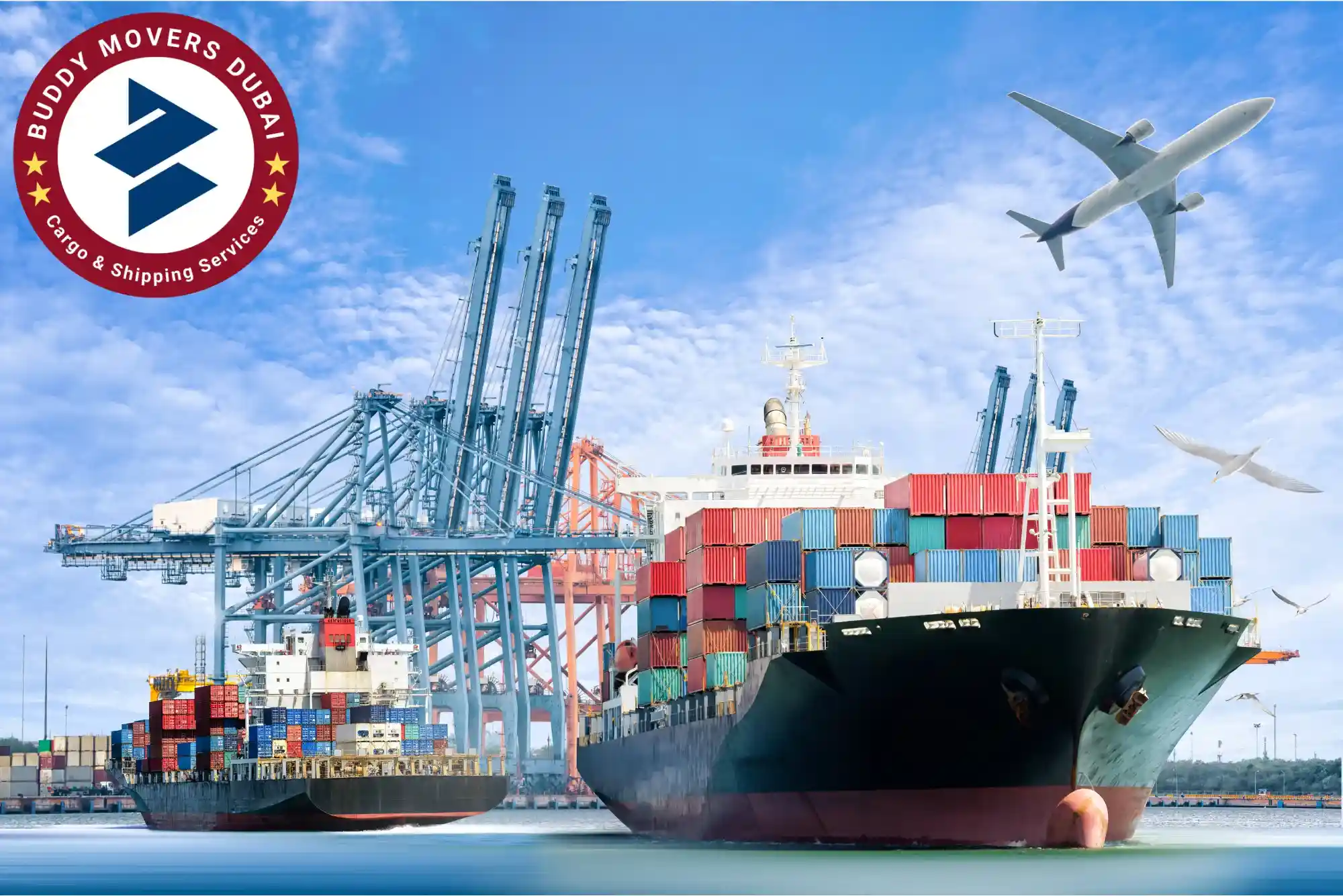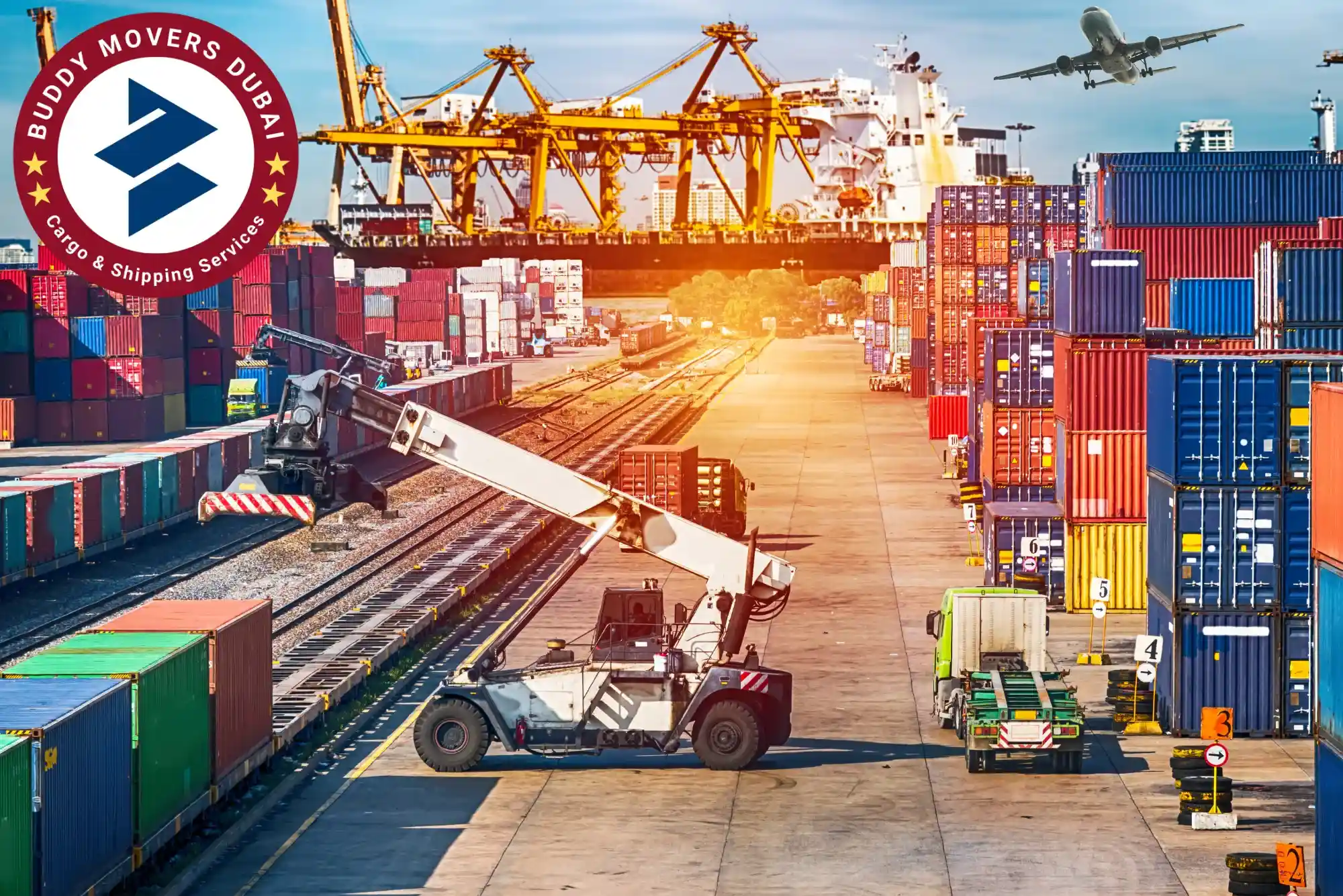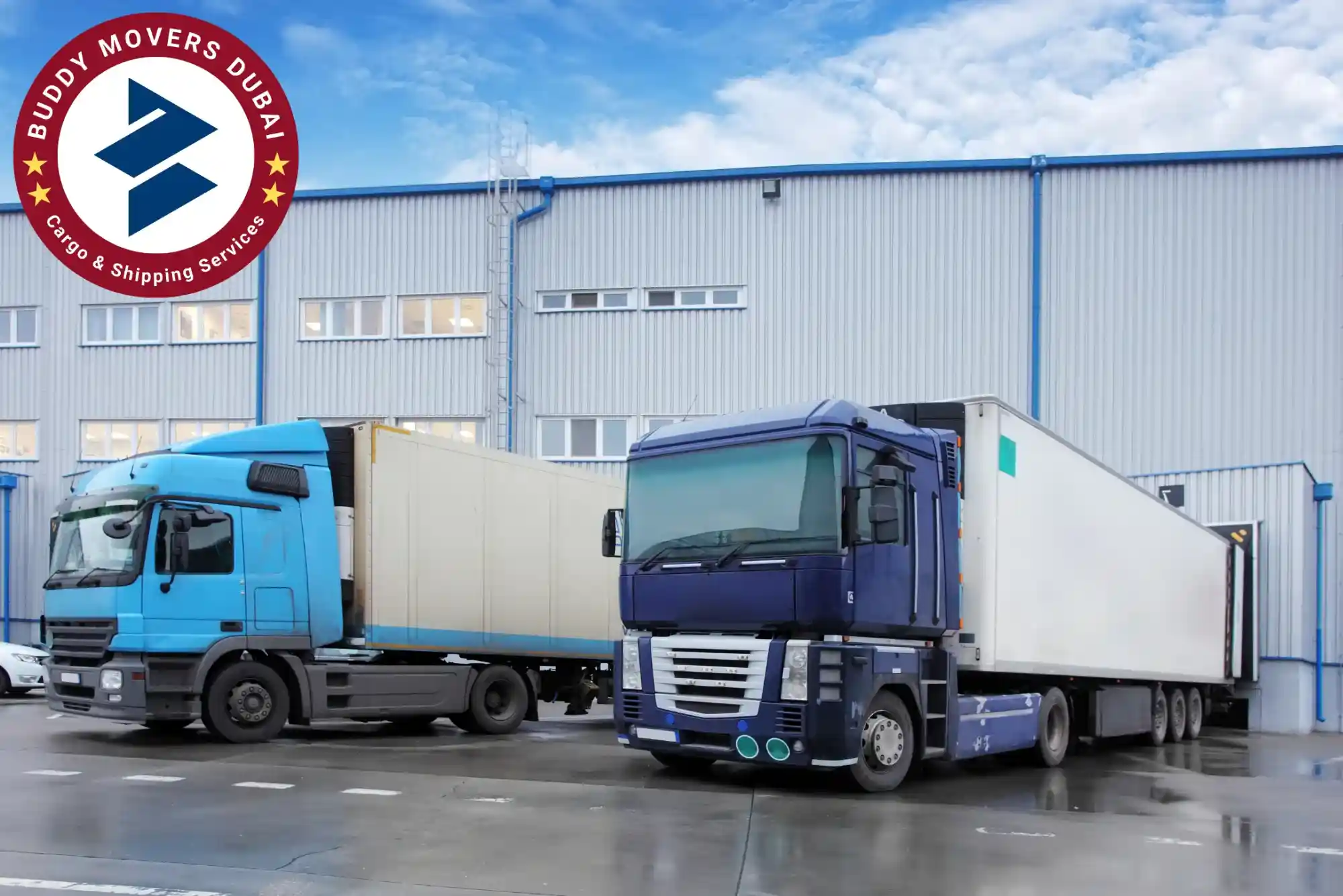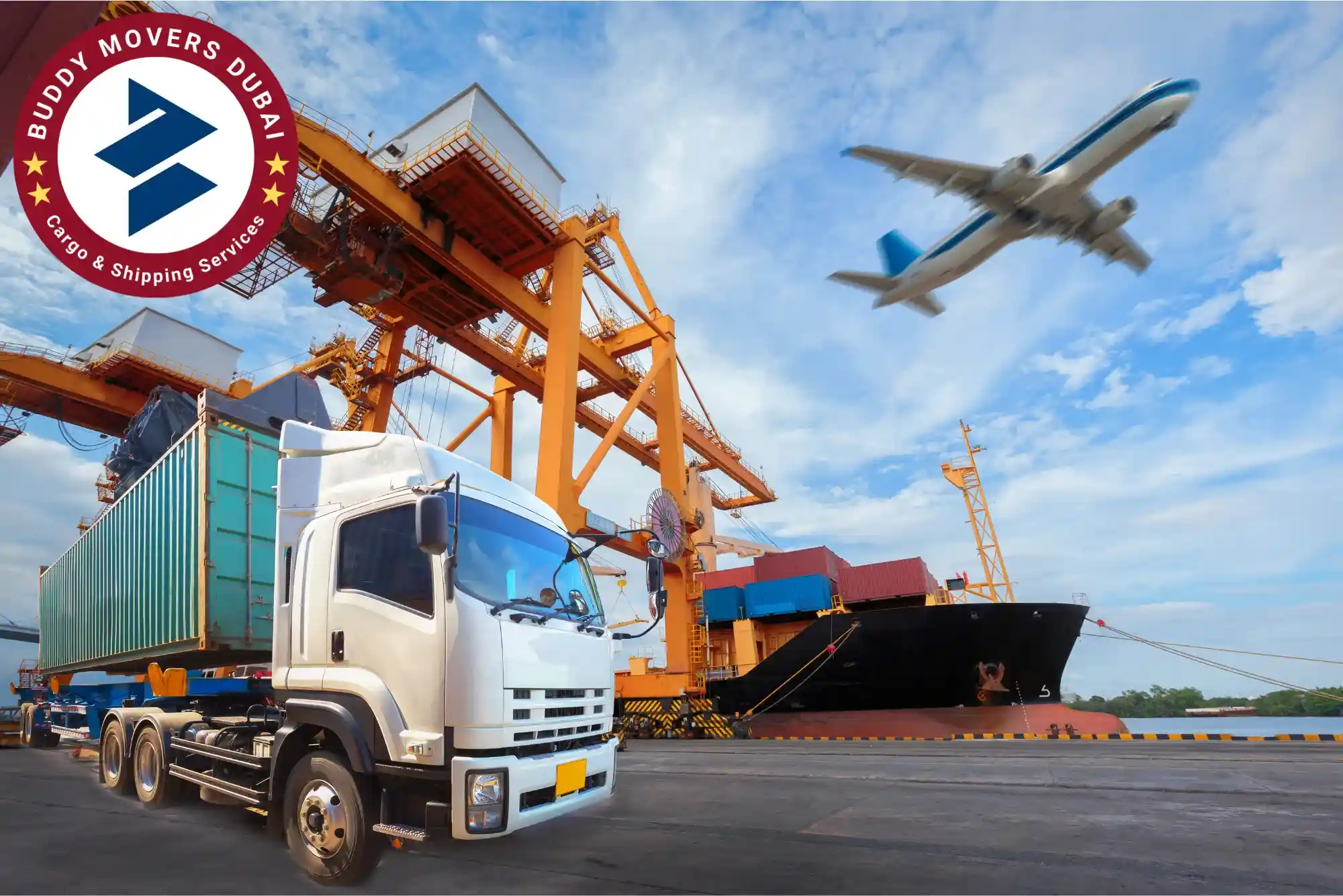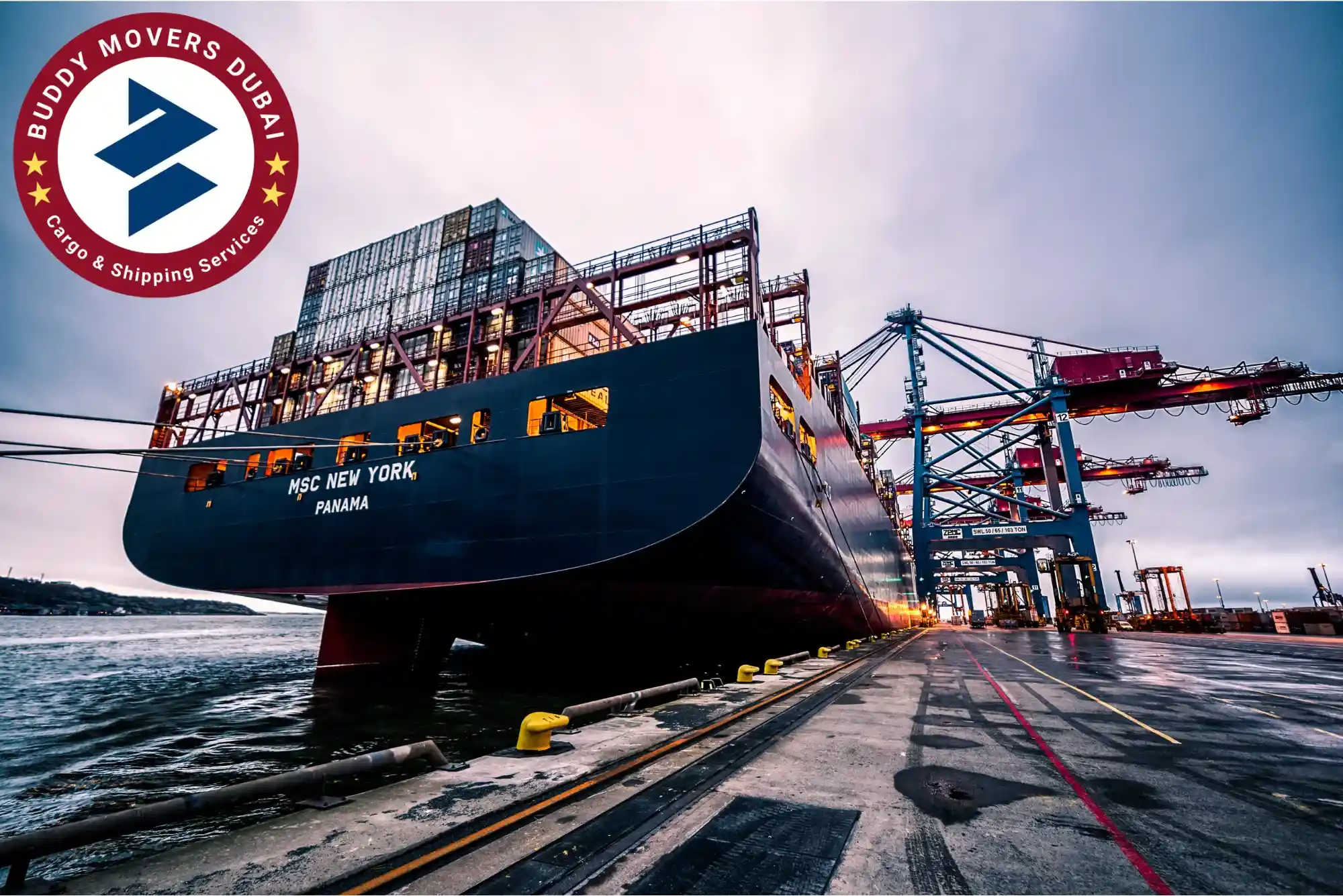Introduction
Handling customs clearance for cargo shipments in Dubai is crucial for ensuring a smooth and efficient import or export process. Whether you’re a business owner or an individual importer, understanding the necessary procedures and documentation will help avoid unnecessary delays and fines. This guide provides a step-by-step process for customs clearance in Dubai, ensuring compliance with local regulations.
Understanding Customs Clearance in Dubai
Customs clearance is the process of submitting documents, paying duties, and fulfilling legal requirements for importing or exporting goods. Dubai, as a major global trade hub, has a streamlined yet strict customs process regulated by the Dubai Customs Authority. To efficiently clear your shipments, you need to prepare the necessary documents, follow the required steps, and comply with all customs laws.
Step-by-Step Guide to Customs Clearance in Dubai
Obtain the Necessary Documentation
Before initiating the customs clearance process, ensure you have all the required documents. These typically include:
- Commercial Invoice – A detailed invoice specifying the goods, their value, and origin.
- Packing List – Provides details about the weight, quantity, and packaging of the goods.
- Bill of Lading (for sea shipments) or Airway Bill (for air shipments) – Serves as proof of shipment.
- Import/Export License – Required for businesses involved in trading.
- Certificate of Origin – Confirms the origin country of the goods.
- Customs Declaration Form – Issued via the Dubai Trade Portal.
- Permits and Approvals (if required) – Certain goods require special approvals from Dubai Municipality or other authorities.
Submit the Customs Declaration
Once all documents are prepared, you must submit a customs declaration through the Dubai Trade Portal. This includes uploading the necessary paperwork and providing details about the cargo.
Pay Customs Duties and Taxes
Dubai imposes customs duties based on the type and value of goods. The standard import duty is 5% of the CIF (Cost, Insurance, and Freight) value, but some items may have different rates. Certain products, like alcohol and tobacco, have higher duty rates.
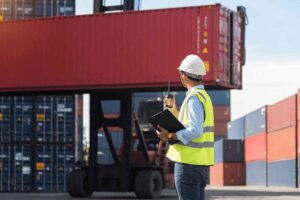
Undergo Customs Inspection
Customs authorities may conduct physical or document-based inspections to verify the shipment details. If everything complies with regulations, your goods will be cleared. In some cases, random inspections are conducted to prevent fraudulent declarations.
Obtain Customs Clearance Certificate
Once your shipment passes inspection and all duties are paid, you receive a customs clearance certificate. This document allows you to proceed with the final delivery or distribution of your cargo.
Best Practices for a Hassle-Free Customs Clearance
To streamline the customs clearance process, follow these best practices:
- Use an experienced customs broker to handle documentation and compliance.
- Ensure all paperwork is accurate and complete to avoid delays or penalties.
- Stay updated with Dubai Customs regulations as policies may change.
- Use the Dubai Trade Portal for smooth electronic submission and tracking.
- Plan for potential customs inspections by keeping all necessary approvals ready.
Common Challenges and How to Overcome Them
Despite Dubai’s efficient customs system, some challenges may arise, including:
- Delays due to incomplete documentation – Ensure all forms are properly filled and submitted.
- Unexpected customs duties – Calculate estimated charges beforehand using Dubai Customs’ duty calculator.
- Restricted or prohibited items – Check Dubai Customs’ website to verify if your goods require special permits.
- Cargo misclassification – Accurately categorize goods to avoid incorrect duty charges.
Related FAQs
1. How long does customs clearance take in Dubai?
Customs clearance in Dubai can take a few hours to a couple of days, depending on the accuracy of the submitted documents and any inspections required.
2. What happens if my shipment is held by customs?
If a shipment is held, you will be notified by Dubai Customs. You may need to provide additional documentation, pay extra duties, or comply with specific regulations.
3. Can I clear customs without a customs broker?
Yes, individuals and businesses can handle customs clearance themselves via the Dubai Trade Portal. However, hiring a customs broker can simplify the process and reduce potential errors.
4. Are there any duty exemptions available?
Certain goods, such as raw materials for manufacturing and products for government projects, may be eligible for duty exemptions. Check with Dubai Customs for specific exemptions.
5. Where can I find more information about cargo services in Dubai?
You can explore Cargo services Dubai for reliable shipping and logistics support.
Navigating customs clearance for cargo shipments in Dubai requires careful planning, accurate documentation, and adherence to regulations. Whether you’re an importer, exporter, or logistics provider, following the outlined steps will ensure a hassle-free customs process. For expert cargo solutions, check out Buddy Movers Cargo and Shipping or visit Buddy Movers Location for assistance with your shipment needs.

